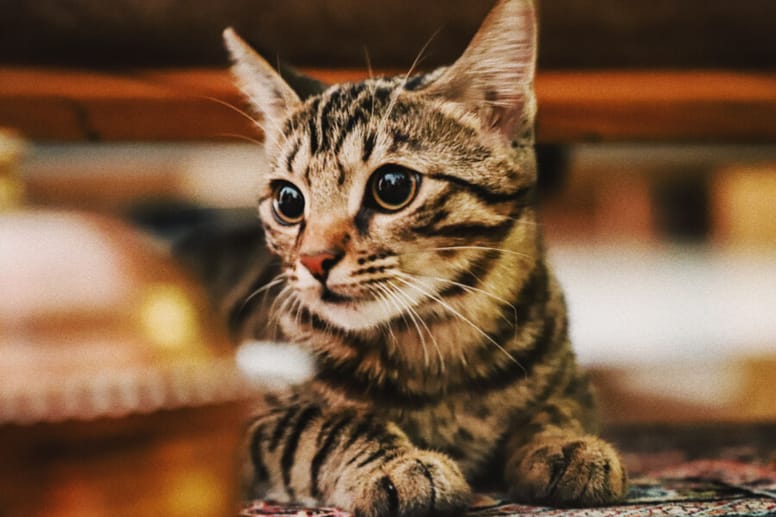You’ll have to look into criteria such as personality, background, breed, age, health, and sex to make up your mind. But when it comes to gender, does it really matter? Is there a significant difference between adopting a female cat versus a male cat? Read on to find out!

Felines can display strong sex-related behaviours
For instance, males are likely to wander far away from their homes in order to expand their territory and search for females. They’re likely to get into violent fights with other males, and are also liable to urine spray (whether this is in an ‘appropriate’ area matters not to them)!
Females, on the other hand, display different but no less noticeable behaviours. While in heat, females will be very vocal - at any time of the day or night! Females are also at risk of getting pregnant. This can not only happen very early on in their lives (as early as four months of age), but also very often. Indeed, females can get pregnant as soon as they come into season, which can be every 2-3 weeks all throughout the year! In short, female cats can mother up to 5 litters of kittens a year, and considering litters can be up to 6 kittens in size, this makes for a lot cats…

What is the difference between adopting a male cat and a female cat?
Of course, the above behaviours are only shown if the cats are unneutered. These behaviours subside if the cat’s sexual organs are removed. Neutering an animal has the dual effect of preventing both unwanted behaviours and unwanted kittens. A neutered male and female will not be very different - save that males are typically slightly larger in size than females.
And thankfully, most rescues and charities neuter their animals before putting them up for adoption - precisely for the reasons mentioned above! If the rescue you are getting your animal from has not neutered their animals, perhaps it is a small, unregistered rescue. It is always recommended, however, to adopt neutered animals, or to have them neutered as soon as they are adopted.
While neutered males and females do not present significant differences in behaviour, it is worth considering whether you are going to introduce your rescue to a cat who is already living in your home. Indeed, cats are a solitary species, and while they can get along with others of their own kind, it can be more difficult for them to acclimate to a new companion. Generally speaking, neutered cats of the opposite sex get along best. For example, if you have neutered sociable male cat in your home, a young neutered female would be the best choice for you.

©Unsplash
Take every factor into account
Choosing a cat is a big decision that should not be taken lightly! So if you're still wondering whether a male or female rescue cat is best for you, speak about it openly with the staff at the shelter. They know the animals best, and will be able to find a cat that is perfect for you, whether this has to do with gender or not. While every shelter has their own selection process when it comes to rehoming a cat into the right family, they all have one common goal: that the cat never returns to the shelter!

So choose wisely and ask for help if you have any doubts! Consult our expert adoption articles to find out more about adopting cats!



